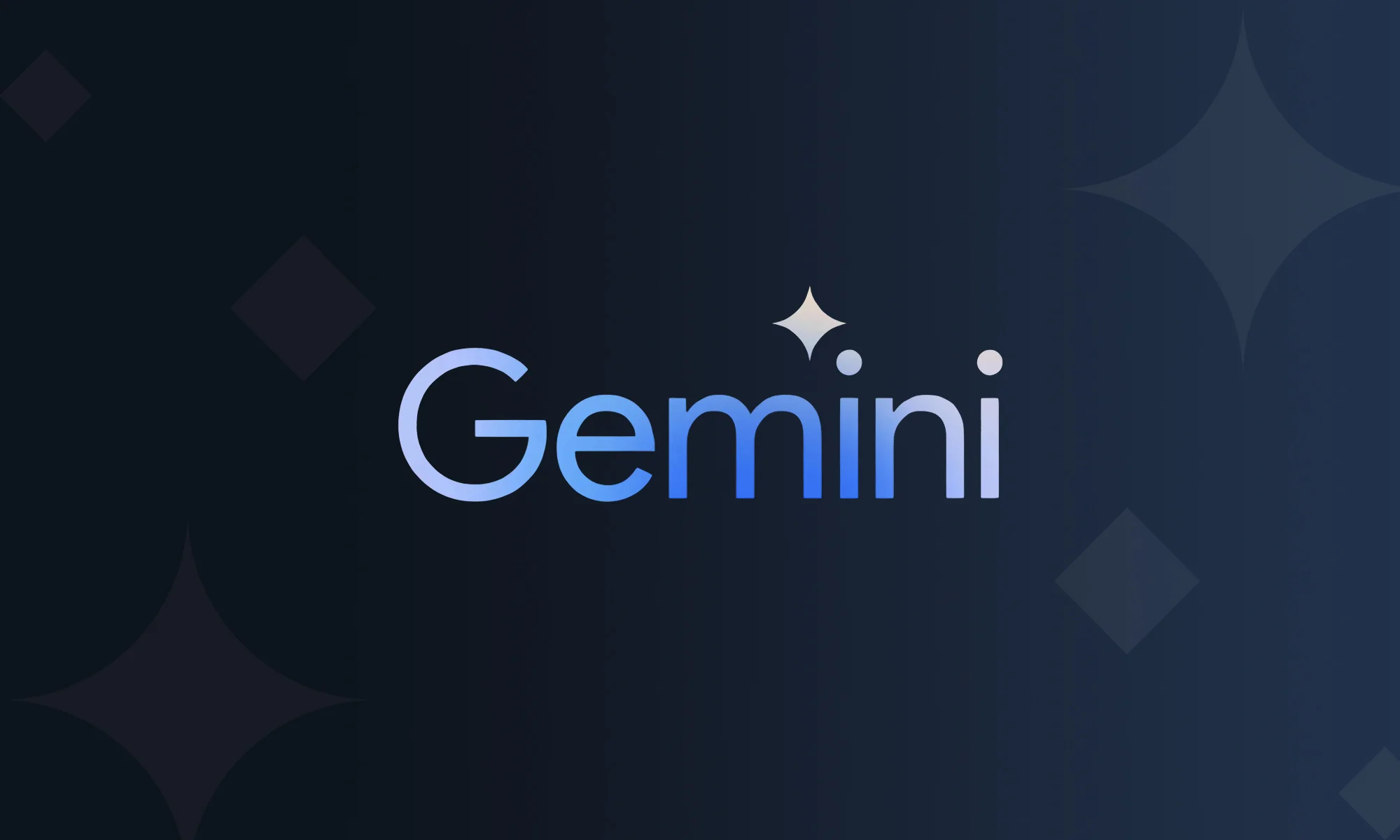In a move that has stirred both interest and controversy, Apple is reportedly in discussions with Google to bring the latter’s advanced Gemini AI technology to the iPhone. This partnership aims to integrate Gemini AI features into Apple’s iOS, potentially enhancing iPhone capabilities with advanced AI functionalities. However, the news has been met with mixed reactions, highlighting the complexities of tech giants collaborating in the competitive and fast-evolving AI landscape.
Key Highlights:
- Partnership Talks: Apple is exploring a partnership with Google to leverage the Gemini AI model for features on iPhone, a step that could position Google dominantly due to its current role as the preferred search engine provider on Apple devices.
- AI Ambitions: Apple aims to introduce AI-powered features with upcoming iOS updates, amidst growing pressure to match the AI advancements of competitors like OpenAI, Microsoft, and Google itself.
- Concerns and Criticisms: The partnership has sparked concerns regarding Google’s approach to AI development and its implications for user privacy and data security. Critics argue that Google’s track record raises questions about the wisdom of such a collaboration.
- Technical Challenges: Both companies face technical hurdles, with Google’s Gemini AI previously under scrutiny for inaccurately rendering historical images, indicating potential growing pains in AI development.
Why is this Infuriating?
Apple has historically prided itself on its closed ecosystem and meticulous control over the iPhone experience. Bringing in Google’s AI would mark a significant departure from this strategy. For many, this signifies a betrayal of the principles that distinguish Apple products.
There’s also the issue of privacy. Google’s business model heavily relies on data collection. Integrating Gemini AI into the iPhone could provide Google with even more access to user data, raising concerns about the potential for targeted advertising and even surveillance.
Why is this Unsurprising?
Despite the frustrations, this potential move makes sense from a business perspective. AI is rapidly becoming a cornerstone technology, and Apple risks falling behind competitors like Samsung that are already utilizing Google’s AI capabilities. Partnering with Google would offer Apple a quick way to catch up on the AI front.
The Controversy:
The prospect of Apple partnering with Google on AI technology has raised eyebrows, given the competitive dynamics between the two companies and Google’s contentious history in managing its search and AI products. Critics point to Google’s commercial strategies and past controversies, suggesting that Apple’s collaboration with Google could conflict with its stated commitment to user privacy and ethical technology use.
Apple’s Strategic Calculus:
Despite the controversy, the potential integration of Gemini AI into the iPhone reflects Apple’s strategic need to bolster its AI capabilities to compete more effectively in the generative AI space. This move may also offer Apple the flexibility to continue developing its own AI models while benefiting from Google’s AI advancements. The collaboration could thus be a pragmatic decision in the face of rapid technological evolution and intense competition in the AI domain.



















